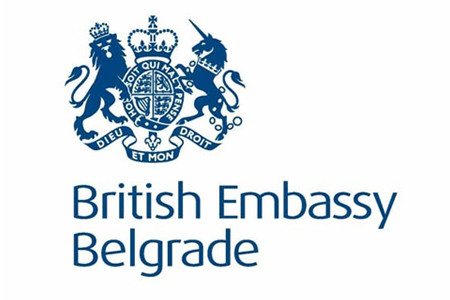The Belgrade Open School, in collaboration with the Renewables and Environmental Regulatory Institute (RERI) and seven local partners, implemented a project "Civil Society for Energy Transition."
The general objective of this project was to contribute to the implementation of energy transition in Serbia, aiming for zero greenhouse gas emissions, energy independence, democratic and decentralized governance of energy and climate policies, through increased participation of civil society in the development and monitoring of reforms in this area.
Main activities implemented within this project:
- The project provided mentoring and financial support to partner organizations in implementing advocacy initiatives in the field of energy and climate policy at the local level.
- Four Green Talks were held as public events gathering representatives from local associations, academic community, public sector, energy experts, activists, producer-consumers, and media.
- Roundtables were dedicated to discussing the results of the NECP analysis and presenting the Analysis of the Law on Climate Change.
- Participation in the Working Group for drafting the NECP.
- In addition to participating in the Working Group, the project activities resulted in over 200 comments sent to the Ministry of Mining and Energy on areas such as renewable energy sources, energy efficiency, decarbonization, and fair energy transition.
- A communication campaign was conducted, and a publication was produced "Energy Transition - Building by Building".
The project was implemented from December 1, 2022, to March 31, 2024, with the support of the British Embassy in Belgrade.

 381 60 30 65 800
381 60 30 65 800






